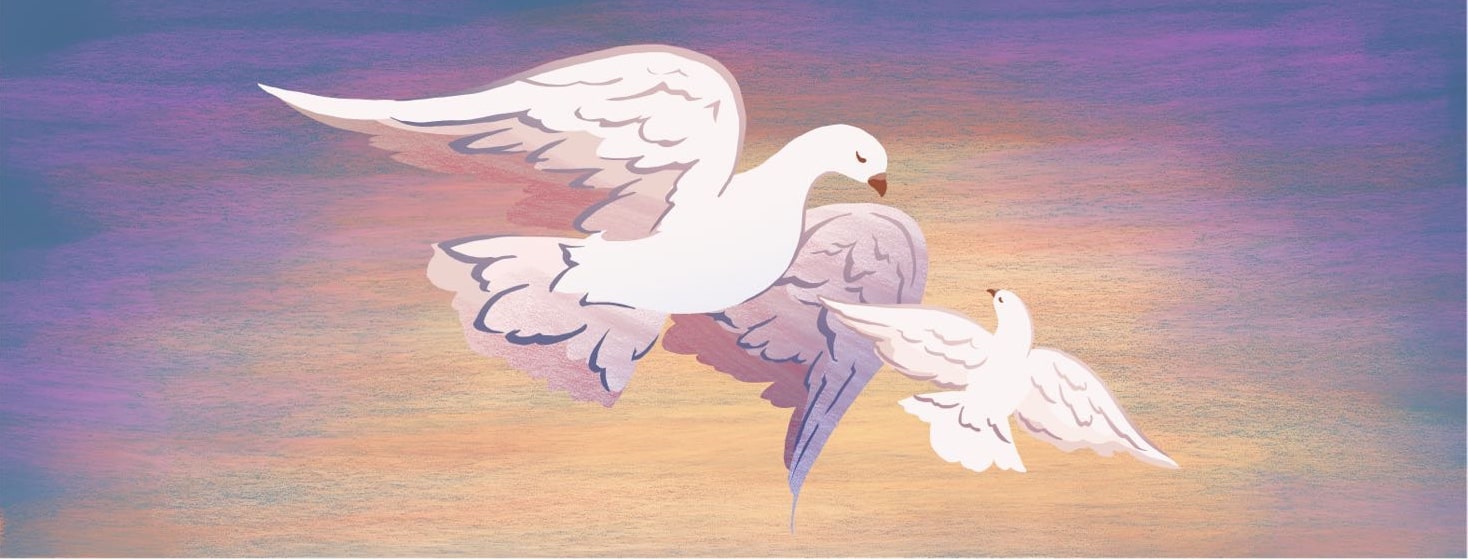Grieving Loss in the Rare Disease Community
Rare disease communities provide a unique and much-needed benefit to their members. For many of us, it's through these communities that we connect with others with our same rare disease for the first time.
We can share our stories with others who relate on our level even when others don't share our exact same rare disease. We can learn from others' experiences and knowledge. We can be heard like never before. We build lifelong friendships with people we may never meet in person who mean the world to us.
Loss of a fellow rare disease patient hits differently
However, an unfortunate occurrence among such communities is the death of members. The loss of a fellow rare disease patient hits differently, too. It's not just losing a loved one. It's losing a loved one with whom we shared medical commonalities. Such losses can cause us to review our own health and mortality. We grieve not only the loss of our friends but also the loss of our health. This can lead us to a spiral from grief into depression.
With any type of loss, it's important for our well-being to allow ourselves to grieve. Allowing grieving helps us to process a loss so that we may reach a level of closure and peace. Grieving can also help us feel closer to our lost loved ones. This can occur by allowing ourselves to remember our loved ones and practicing grief rituals, such as those included below.
Sharing stories about our loved ones
I've found that the best way to allow myself to grieve someone is to share stories about them. It's even better when I can swap stories with someone who also knew my loved one. This way, we can learn even more about our loved one, and it's mutually helpful to everyone involved.
Sharing stories with someone who didn't know my loved one also helps. It allows me to tell someone else all about my loved one so they can know them too through stories. This has helped me the most when grieving those closest to me. It leaves me feeling closer to my loved ones and smiling in my memories of them.
What would we want our loved ones to know?
Regardless of one's thoughts on after life, it can be helpful to tell our loved one what we want them to know if they could hear us. This can be done verbally as though talking directly to them or by writing a letter. Both methods help to calm internal thoughts that can become excessive.
Writing out our thoughts can be even more helpful than verbal expression at times. This is especially true if writing is performed as streaming consciousness. This is done by writing whatever comes to mind when thinking about a topic for 5 to 10 minutes.
The key is to write without thinking, without stopping for the full set time. This allows us to express whatever thoughts or feelings we may have that we may not even be aware of. Once finished, we can read through the letter and reflect on anything that stands out. The letter can either be kept or used in a letting go ritual.
What is a letting go ritual?
Letting go rituals often are performed by fire or burial. An item that signifies someone or something one wants to let go of is either burned in a fire or buried. Often this is completed while the person verbally or silently expresses a goodbye. This ritual provides a tangible means to aid the grieving and letting go process.
Candle lighting is a ritual I like to use when I want to express my thoughts or feelings to my loved one verbally. I light a candle and sit with the candle while sharing out loud what I'd like to say to my loved one. This can also be done as a group with others who want to share about their own loved ones. Upon feeling complete, the flame can be extinguished with a goodbye message to the loved one or left lit to signify their presence remaining with us.
Designating a memento to their memory is another ritual that helps us to feel close to our loved one. The memento doesn't have to be an item that once belonged to the person. It can be any item that resonates with the memory of the person, that signifies them to us. Keeping this item in a special place or where we often see it is a nice reminder of fond memories.
You do not have to grieve alone
Grief counseling and grief support groups are additional formal services to aid the healing process of loss. These services are more frequently available online in addition to in person. Some states also have hotlines that can be used to connect with someone to talk to or additional services.
Regardless of how one may choose to process their grief, may we remember that we are not alone. May we not only allow others to aid us in our own healing process during times of grief, but may we also do the same for others within our communities.
Have you experienced grief related to losing someone special in the rare disease community? We welcome you to share a memory in the comments below. This community at RareDisease.net is here for you.

Join the conversation